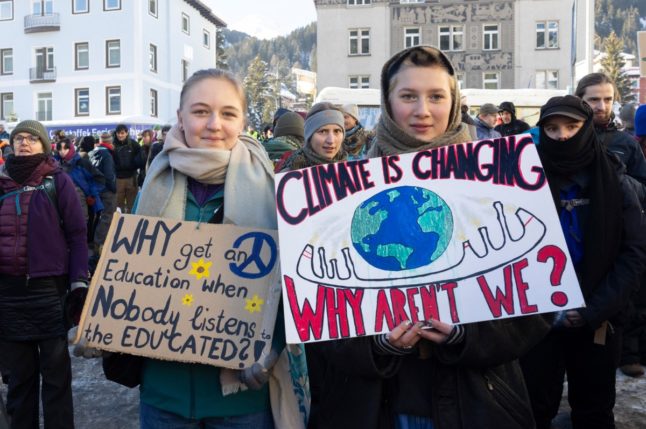According to a federal administrative tribunal, Michael Perler, 42, was wrong to have asked officers to do a security check of his companion in 2010 and for taking her with him on a professional trip to Saint Petersburg.
He went to Russia to take part in a conference on the fight against the Russian mafia.
An internal investigation was launched after Swiss media reports last year about Perler taking the young woman with him to Russia.
Federal authorities in their report noted Perler’s naivety and irresponsibility. “He only followed his feelings,” the report said.
They underlined the sensitive role of a federal police chief given his access to confidential information, including domestic and foreign intelligence.
Perler, who became police chief in 2009, said he broke off with the woman and has appealed the administrative tribunal’s decision.
Perler’s duties will be carried out temporarily by his deputy, a justice ministry spokesman said.
According to the newspaper Tages Anzeiger, Perler’s ex-companion is a longtime resident of Switzerland and has Swiss nationality. She is a ski instructor at Saint Moritz where some of her clients are rich Russians on holiday.
She told the paper her relationship with Perler lasted a year.


 Please whitelist us to continue reading.
Please whitelist us to continue reading.
Member comments